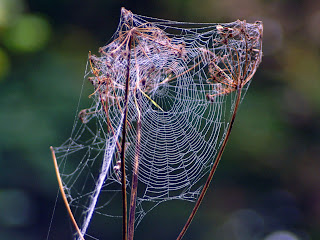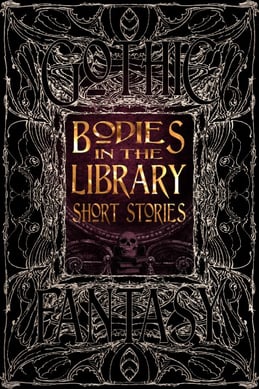Over a century ago, Booker T Washington pointed out that a number of those engaged in the race question in the USA had, in fact, no interest in solving it, since it was the continued existence of the problem that gave them their employment and their public profile. If you have no interest in solving a problem, then the last thing you want is rational debate.
Political correctness is a totalitarian ideology that (so far) differs from earlier forms of dictatorship only in degree, not in kind. So many people are continually on the lookout for ways to be offended. They are greatly offended simply by other people having the nerve to disagree with them. Their own views are so viscerally-held that they cannot entertain rational debate and seek every opportunity to close it down.
The largely, but not exclusively, leftist modern fashion for identity-based, rather than issue-based, politics is the same fault that Washington discerned, but now elevated to an industrial scale. The elimination of victimhood would eliminate the protest industry based upon it, so if it should, by any chance, happen that some particular emancipatory objective were accidentally achieved, it would be necessary immediately to identify a new objective in order to preserve the perceived victim status and with it the platform for the group’s self-appointed advocates. That reorientation would involve mental effort and is to be avoided if possible.
It has been correctly observed that politically-correct intolerance regards disagreement as not just rationally wrong but morally bad. Since any given principle of the activist is self-evidently true, it follows that it needs no rational defence. Those who do not hold it are therefore guilty of wilfully disregarding the obvious and thus evil. Since everyone with the welfare of society at heart would necessarily agree with the activist, dissenters must have foul personal motives, especially their own gain or sadistic pleasures.
Thus, failure to support a campaign for a particular group of ‘victims’ is equated with opposition to that group. We have acquired a whole lexicon of neologisms ending in ‘phobic’ or ‘ist’ which are thrown around like confetti on social media. The objective in every case is to stifle rational discussion by the use of pejorative labels. Abuse, rather than rational engagement, has become the first response to opponents.
The denial of platform movement, which is ostensibly the desire to 'protect' other people against being offended, is a particularly egregious offence against freedom of speech. The politically-correct also see no reason not to pursue those who disagree with them into their homes or workplaces. Dissenters have no right to a family life or employment; they must be publicly shamed until they are forced to recant by the sheer weight of opprobrium heaped upon them. Torquemada would be a hero today, provided he chose the politically-correct side.
John Stuart Mill made the limits of freedom of speech clear a century and a half ago in On Liberty. There exists absolutely no right not to be offended. People who claim to be offended by the peacefully-expressed views of other people are out of order. People who claim the right to be offended on behalf of other people by the peacefully-expressed views of another person are especially out of order.
Freedom of speech is vital to civilised society. Reasoned debate is important; the rational clash of ideas brings enlightenment; recitation of dogma destroys initiative; universal conformity is the enemy of progress. I believe it may have been Alfred P Sloan who once commenced a board meeting at General Motors with the words, “Gentlemen, I take it we are all agreed on what has to be done here.” Receiving nods of assent all around the table, he continued, “Then I propose to adjourn discussion until we can find some reason to disagree, and then we shall come back and talk about it sensibly.”
Once upon a time I stood as a Liberal parliamentary candidate. I am a long way from being a right wing populist. Yet even I have found myself quailing before the all-consuming passion and aggression of the self-righteous. Since I am advancing my view peacefully and rationally, I am in order. And if my view offends anyone, then that person needs to think more and emote less. Those who want to shut down the sort of moderate debate they get from people like me, inevitably invite eventual repayment in their own coin.





